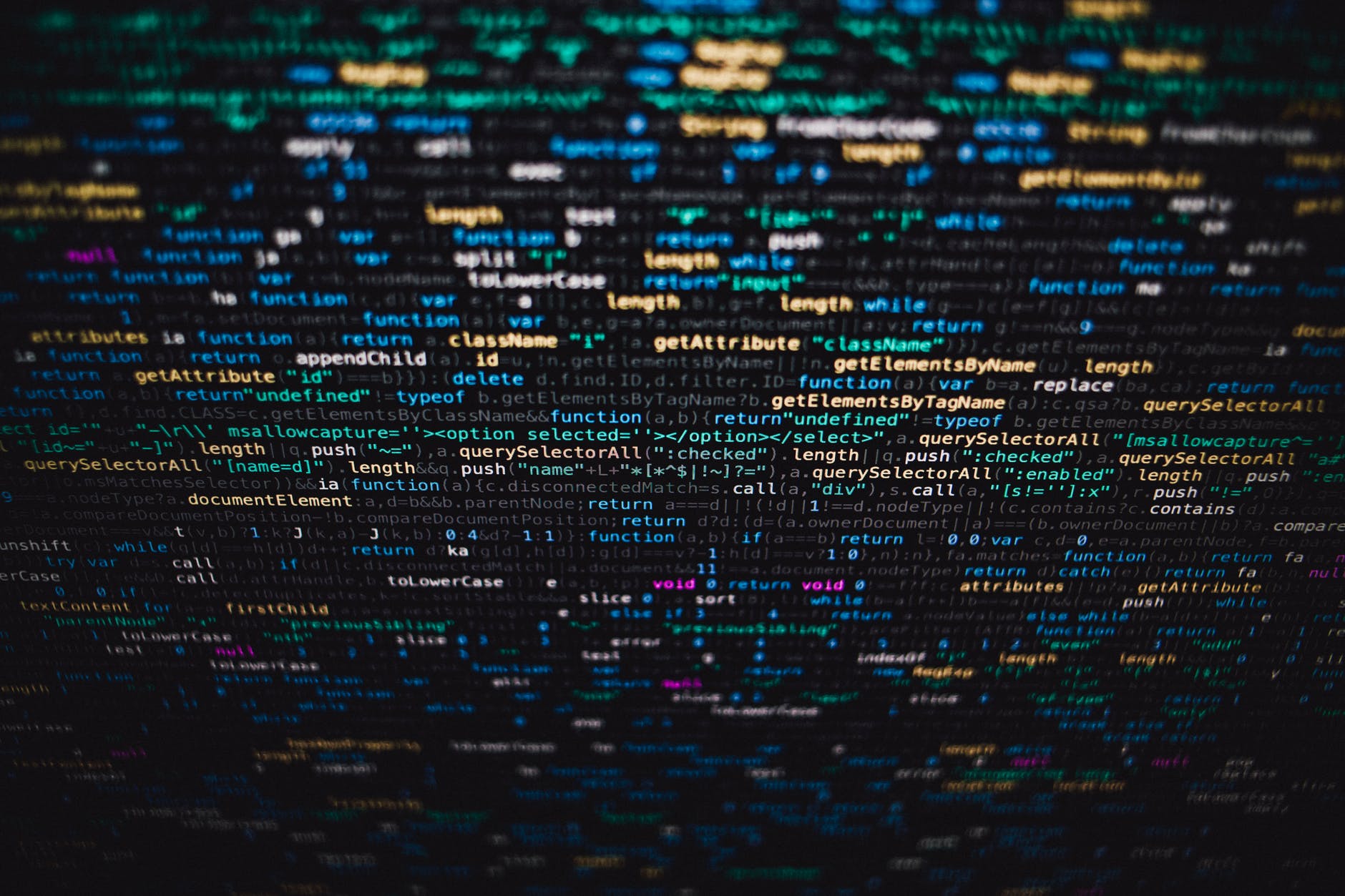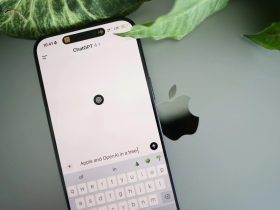Web scraping is one of the best things to have happened for data-driven businesses. Research shows that data-driven businesses have become heavily dependent on data scraped from the web for competitor analysis, marketing campaigns, and lead generation.
Acquiring this useful information has not been a walk in the park because of the emerging security trends in web technology, which have given web scrapers a run for their money. Web scraping without specialized tools has become a challenge because many websites have employed rigorous measures to protect their data and content from web scraping.
One of the most used approaches to restrict web scraping is blacklisting IP addresses that make many concurrent requests in a short period. To avoid blacklisting, you will need to hide your real IP address. Masking your IP address can be achieved using proxy servers.
Continue reading to understand what is a proxy server and why you need a proxy server for a successful web scraping project and the proxy options available for web scraping.
What is a proxy server?
A proxy server is a service that can be used to request a web resource on behalf of your computer. The proxy server processes internet requests on behalf of your computer and then returns the results. This ensures the target server does not decode the real IP address of where the request is originating.
Source: seobility.net
Why you need to use proxies for your web scraping project
Proxies allow you to surf the web anonymously. When using a proxy, the target site will not see the IP address of where the request is originating from but will see the IP of the proxy server instead. Proxies ensure the target is not able to decode the origin of the request, which improves security and reduces the likelihood of your IP getting blocked.
A proxy server can enable you to access content that is restricted to your region by using a proxy server with an IP of the region where the content is hosted. This can be useful when you need to scrape data from online retailers or from competitors in different regions for comparison. A fitting example would be scraping Crunchbase or any similar platforms.
Proxies can be pooled together to create a large set of proxies that can be used to make concurrent requests to a target website or on different sites without being blacklisted.
Some websites have set a target number of requests that can be received from a single IP address. Proxies can be used to bypass the rate limits without being blocked. This can be achieved by spreading a large number of requests across a proxy pool to ensure all the IPs stay below the rate limit. Choosing the best rotating proxies for web scraping will ensure you bypass the rate limits easily.
Types of Proxies
When choosing the kind of proxy to use, factors such as the nature of the web scraping project and the budget should be put under consideration.
The nature of the project and the cost of acquiring the proxies are essential aspects to consider as different types of proxy command a different performance and speed. Proxies are grouped into groups, as shown below.
- Dedicated Proxies. These proxies are also known as private proxies. They are exclusively owned and used by the buyer. These proxies are faster because a single user uses all the bandwidth, IPs, and servers. They are used when undertaking large projects, especially social media, marketing as SEO web scraping.
- Shared Proxies. These proxies are used by multiple users concurrently. These are cheaper as compared to dedicated proxies; however, you may be at risk of getting blocked because of going over the limit if other users are scraping the same sites.
- Public Proxies. These are free to all and are not recommended for web scraping. They are unreliable because of a large number of people accessing them at the same time.
Types of Proxy IPs
As much as we have looked at the dedicated, shared, and public proxies, let us look at the different types of proxy IP options available for data scraping.
Below are the three main types of proxy IP’s categorized according to use.
- Datacenter IPs. These are the most common and widely used proxy IPs. They are IPs of servers in data centers and are perfect for hiding your real IP address. The best datacenter and static proxies are affordable and provide a good option when used with a viable web scraping solution.
- Residential IPs. These IPS allow users to router their requests through the residential network. These are Authentic IPS issued by a real ISP. These are expensive as compared to the data center IPs because websites are not able to detect if the actual IP of the client is hidden because of the real IP address the proxy uses when connecting to the site.
- Mobile IPs. These can be classified as residential but are specifically for mobile devices. They are not easily accessible; however, they come in handy when you want to scrape data that mobile users access.
Now that you know why you need Proxies for web scraping and the available options, it’s up to you to make the right choice. Happy Web Scraping!







Leave a Reply